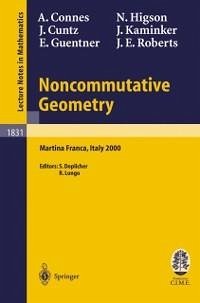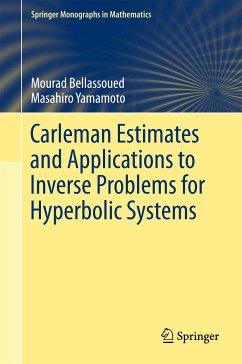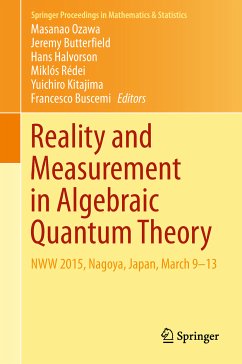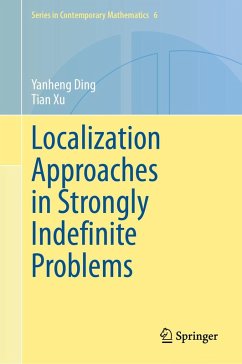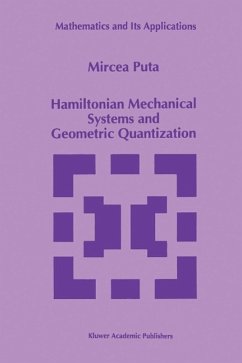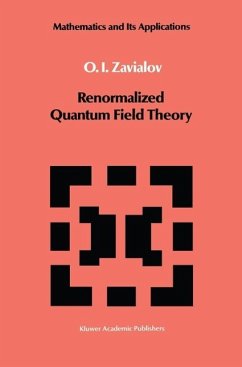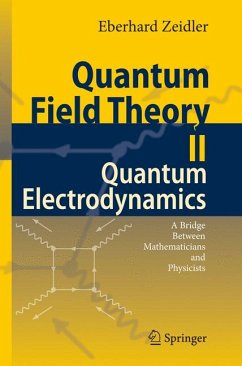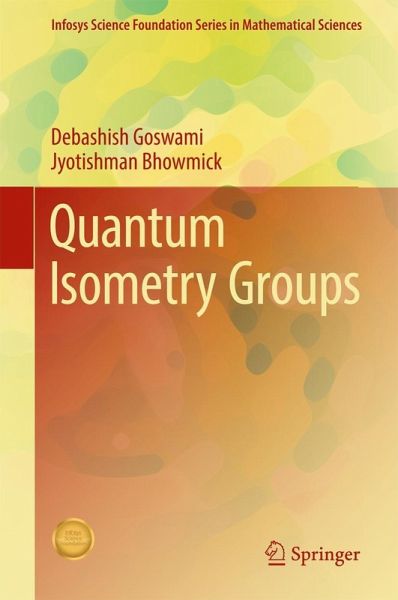
Quantum Isometry Groups (eBook, PDF)
Versandkostenfrei!
Sofort per Download lieferbar
80,95 €
inkl. MwSt.
Weitere Ausgaben:

PAYBACK Punkte
40 °P sammeln!
This book offers an up-to-date overview of the recently proposed theory of quantum isometry groups. Written by the founders, it is the first book to present the research on the "quantum isometry group", highlighting the interaction of noncommutative geometry and quantum groups, which is a noncommutative generalization of the notion of group of isometry of a classical Riemannian manifold. The motivation for this generalization is the importance of isometry groups in both mathematics and physics. The framework consists of Alain Connes' "noncommutative geometry" and the operator-algebraic theory ...
This book offers an up-to-date overview of the recently proposed theory of quantum isometry groups. Written by the founders, it is the first book to present the research on the "quantum isometry group", highlighting the interaction of noncommutative geometry and quantum groups, which is a noncommutative generalization of the notion of group of isometry of a classical Riemannian manifold. The motivation for this generalization is the importance of isometry groups in both mathematics and physics. The framework consists of Alain Connes' "noncommutative geometry" and the operator-algebraic theory of "quantum groups". The authors prove the existence of quantum isometry group for noncommutative manifolds given by spectral triples under mild conditions and discuss a number of methods for computing them. One of the most striking and profound findings is the non-existence of non-classical quantum isometry groups for arbitrary classical connected compact manifolds and, by using this, the authors explicitly describe quantum isometry groups of most of the noncommutative manifolds studied in the literature. Some physical motivations and possible applications are also discussed.
Dieser Download kann aus rechtlichen Gründen nur mit Rechnungsadresse in A, B, BG, CY, CZ, D, DK, EW, E, FIN, F, GR, HR, H, IRL, I, LT, L, LR, M, NL, PL, P, R, S, SLO, SK ausgeliefert werden.



